The title of this post unintentionally portrays science fiction as a unified front on the subject of what it has to say about Christianity in the future. Science fiction isn’t unified in reality–sci fi isn’t even always about the future, though more often than not it is. There have been a wide variety of ways in which Christianity has been shown in the future in so-called “mainstream” science fiction. Yet there are certain approaches that I’ve found to be more common than others. This post looks at what I see as the basic issue of how sci fi has seen the future of Christianity and also looks at how a number of Christian authors have responded to this challenge.
Star Trek exemplifies what I consider to be the most common approach science fiction takes to Christianity set in the future–Christianity, along with all other human religions, simply has ceased to exist at some point prior to the story setting, with very little commentary on how or why that happened. While some Star Trek has made certain references to Biblical ideas like heaven/hell, God/Satan, Genesis, original sin, paradise, and a few others, in spite of these references, not a single character, either major or minor, is openly stated to be a Christian in Star Trek (nor Jewish, nor Muslim, nor Hindu, nor any other human religion). Humanity has landed in a strictly secular future and religion is a thing of the past for our species. Other intelligent species, Klingons and Bajorans among them, have overt religious beliefs and practices. But humans do not.
Other stories, such as Frank Herbert’s Dune novels, portray a future of humanity in which humans remain as religious as we are now. Yet the religion(s) are no longer recognizable as stemming from faiths that exist today. Religion has changed, transformed, into something entirely new, even if human beings are still recognizably human. (The tribespeople of Hawaii worshiping Sonmi-451 in Cloud Atlas may be an even clearer example of this phenomenon.)
Some science fiction has vilified future religion (classic example: Robert Heinlein’s Revolt in 2100) and some have portrayed a small minority of Christian believers living in the future in a neutral or even positive way (classic example: Arthur C. Clarke’s Rendezvous with Rama series). Among the classic sci fi novelists I know, only Jerry Pournelle (himself a practicing Catholic) portrayed futuristic space exploration in which Christianity retained an important cultural role in humanity’s future (as seen in the Larry Niven and Jerry Pournelle novel, The Mote in God’s Eye).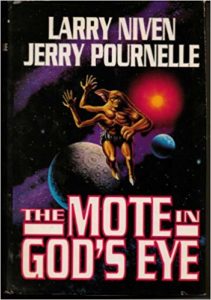
In spite of many variations, including ones I haven’t named, science fiction usually portrays the future of Christianity in the following ways: 1) along with all other human religion, it doesn’t exist at all in the future, 2) religion exists, but Christianity doesn’t. 3) Christianity exists, but it’s the faith of a tiny minority and essentially insignificant.
While science fiction writers who in various ways erase Christianity from existence in the future don’t mean to be producing propaganda (as a general rule), I think such stories can have a propaganda effect, whether intentional or not. One of the things propaganda tries to do is shape the understanding of the future for those who hear it. The Nazis spoke of a thousand-year Reich. They tried to convince the German people of the inevitability of their (Nazi) destiny–in essence “Conform now, because the future is with us.”
I see a rather similar effect stemming from much of science fiction, even though sci fi stories are not produced by deliberate propagandists (with certain exceptions). Science fiction preaches future secularism to a large degree. Should we be surprised that in our time, the era of the rise of the popularity of largely-secular science fiction, has also seen a rise in people holding to non-religious (or non-Christian) worldviews?
Of course I’m not claiming that science fiction by itself is responsible for a general cultural turning away from all religion and Christianity in particular–but it seems reasonable to me to conclude science fiction has contributed to this effect.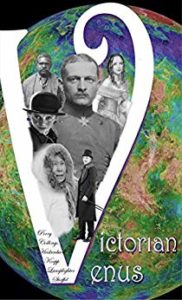
In fact, the sense that science fiction engages in what is in effect propaganda is part of the reason why I write science fiction from a deliberately Christian point of view. Like Jerry Pournelle, I’m creating alternate views of the future other than what is commonly portrayed in sci fi. Some form of Secular Reich is not inevitable.
My approach has been to imagine that the future is even more Christian in important ways that in our present–i.e. I’ve imagined that the pendulum is swinging away from Christian faith now, but it will swing back again in the future. (Medieval Mars and Victorian Venus both conceive of a future more devoutly Christian than our present.) Lelia Rose Foreman has also written stories in which Christianity undergoes cultural changes in the future as human cultures change, but still remains Christian (in her Statterworld Trilogy), even though she has not imagined Christianity becoming important for the entire human race, just for a select group of future colonists.
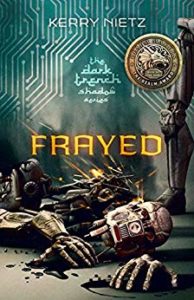 Yet not all of our peers have taken this approach. While Kerry Nietz has written a Christian culture into the future with Amish Vampires in Space (and sequels) I would say his more distinctive series set in the future is the Dark Trench Shadow series (starting with Frayed), which portrays Islam as the religion of Earth’s future. No, that’s not a good thing in that story universe–Kerry’s method both runs counter to any assumption of a secular future and at the same time allows a direct comparison between Christian culture and its likely alternative, powerful even though the stories feature little direct commentary on religion.
Yet not all of our peers have taken this approach. While Kerry Nietz has written a Christian culture into the future with Amish Vampires in Space (and sequels) I would say his more distinctive series set in the future is the Dark Trench Shadow series (starting with Frayed), which portrays Islam as the religion of Earth’s future. No, that’s not a good thing in that story universe–Kerry’s method both runs counter to any assumption of a secular future and at the same time allows a direct comparison between Christian culture and its likely alternative, powerful even though the stories feature little direct commentary on religion.
Steve Rzasa in For Us Humans likewise sees a future decline in Christianity, but in his story, the act of meeting aliens in the near future is what damages religious belief for many Christians, shaking the sense that God has a special story of redemption for Planet Earth. Many humans, but definitely not all, turn away from religion–while in fact, the main alien character proves to be more interested in Christianity than most humans are. In short, in spite of a general decline, Christianity survives in unexpected ways in Steve’s tale.
In contrast to Mr. Rzasa, Joshua A. Johnston in his Chronicles of Sarco series (starting with Edge of Oblivion) takes an entirely different approach to the effect aliens would have on human religious belief. He imagines a future in which human beings have indeed abandoned Christianity to the point of essentially forgetting Christianity ever existed–only to travel to the stars to meet alien species who have religions with obvious parallels to the Christian faith. So humans come to know God primarily through aliens.
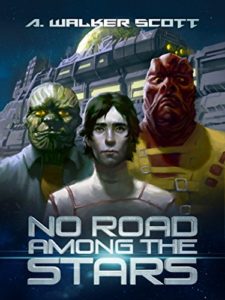 A Walker Scott takes a similar approach to Johnston’s in No Road Among the Stars. No, humanity has not entirely forgotten its religious past in Scott’s story, but in the view of the many alien races this novel portrays in interesting and varied ways, humanity is stuck in an “adolescent rebellion stage” when it comes to how humans feel about God. A stage all the other races grew out of, discovering their own versions of faith over again, so humans are the least religious of all intelligent species. With the consequence of the human protagonist learning about faith from his alien friends.
A Walker Scott takes a similar approach to Johnston’s in No Road Among the Stars. No, humanity has not entirely forgotten its religious past in Scott’s story, but in the view of the many alien races this novel portrays in interesting and varied ways, humanity is stuck in an “adolescent rebellion stage” when it comes to how humans feel about God. A stage all the other races grew out of, discovering their own versions of faith over again, so humans are the least religious of all intelligent species. With the consequence of the human protagonist learning about faith from his alien friends.
There are of course many other approaches Christian authors could take to offer alternative views of the future. We could, for example, imagine aliens converting to Christianity en masse and sending missionaries back to a mostly unbelieving human race. Or we could imagine a future that really is wholly secular, while at the same time revealing what such a society would actually be like (it wouldn’t be a utopia a-la-Star-Trek).
Have you as a reader of this post given much thought to how sci fi shows the future of Christianity? Do you agree with my assessment and if not, why not?
And have you seen other means Christian authors have used to respond to how the future of Christianity is normally portrayed in sci fi? Which method do you think is best, if any?
 The first impulse is usually to explain the joke to them. This impulse should in almost every circumstance be resisted. When you finish dissecting the humor of it for their enlightenment, it still will not be funny to them. At that point, it might not even be funny to you anymore. Jokes die of examination. Besides, laughter should be spontaneous, an involuntary reaction â like a sneeze. If you donât get it more or less at once, you will never get it. The lifespan of jokes is to be measured in seconds, and it is best to let them die in peace.
The first impulse is usually to explain the joke to them. This impulse should in almost every circumstance be resisted. When you finish dissecting the humor of it for their enlightenment, it still will not be funny to them. At that point, it might not even be funny to you anymore. Jokes die of examination. Besides, laughter should be spontaneous, an involuntary reaction â like a sneeze. If you donât get it more or less at once, you will never get it. The lifespan of jokes is to be measured in seconds, and it is best to let them die in peace.


































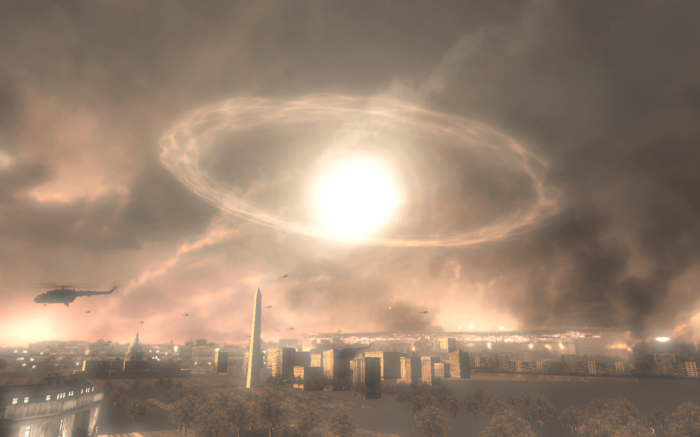 Every movie or TV program that utilizes an EMP always has a layman’s explanation of what an EMP actually is, and that gets pretty tedious after a while (same thing with faster-than-light space travel). So if you don’t know what an EMP is, you’re out of luck, because I refuse to continue this pandering trend. I am going to assume that since you’re on this website dedicated to all things spekky, Trekky, and fantastekky (cough), I’ll also assume that you’ve watched at least one movie or TV show where an EMP is explained, and we’ll proceed accordingly.
Every movie or TV program that utilizes an EMP always has a layman’s explanation of what an EMP actually is, and that gets pretty tedious after a while (same thing with faster-than-light space travel). So if you don’t know what an EMP is, you’re out of luck, because I refuse to continue this pandering trend. I am going to assume that since you’re on this website dedicated to all things spekky, Trekky, and fantastekky (cough), I’ll also assume that you’ve watched at least one movie or TV show where an EMP is explained, and we’ll proceed accordingly.
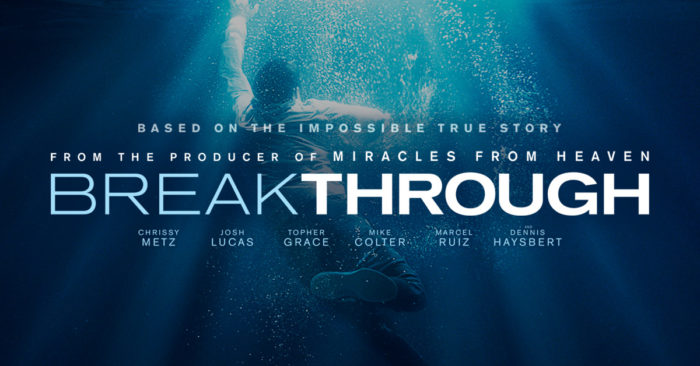

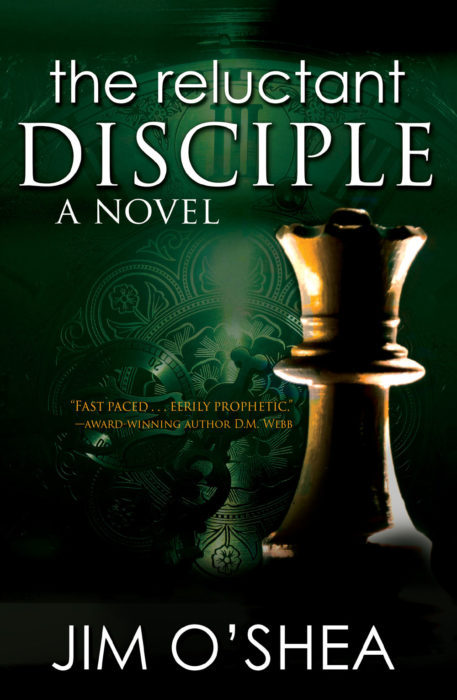



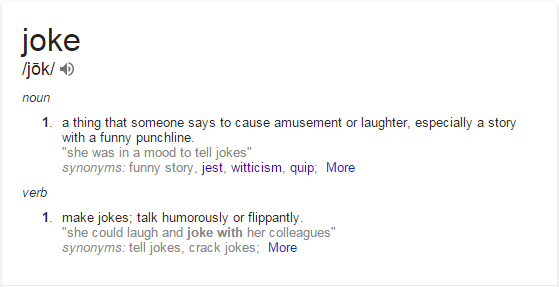

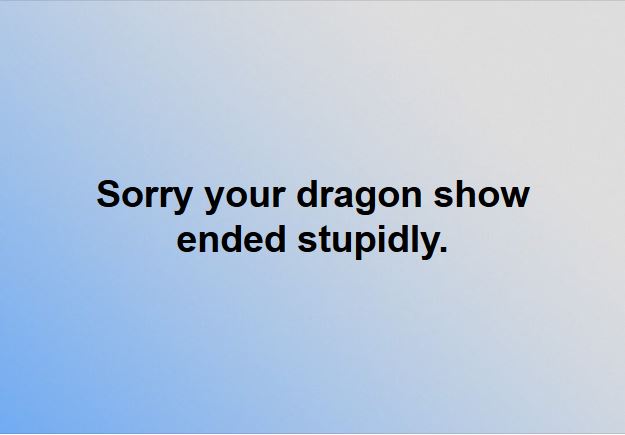


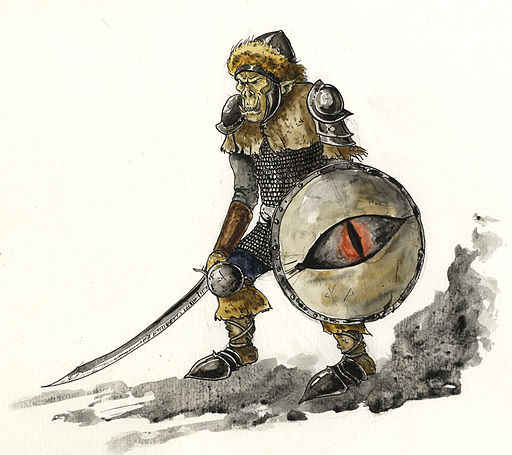
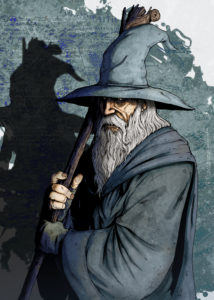 The point is simple: from now on, even in fantasy, readers won’t find books from traditional secular publishers that elevate a traditional man-woman relationship or that shows a race of people that is in any way reminiscent of an oppressed people group. No Native Americans, then. No Africans. No Middle Easterners. And no made up races that remind these social justice warriors of any of these groups. Unless the author is from one of those groups. Then and only then can the writer create a story that involves another people group—unless it is a group, not the author’s own.
The point is simple: from now on, even in fantasy, readers won’t find books from traditional secular publishers that elevate a traditional man-woman relationship or that shows a race of people that is in any way reminiscent of an oppressed people group. No Native Americans, then. No Africans. No Middle Easterners. And no made up races that remind these social justice warriors of any of these groups. Unless the author is from one of those groups. Then and only then can the writer create a story that involves another people group—unless it is a group, not the author’s own.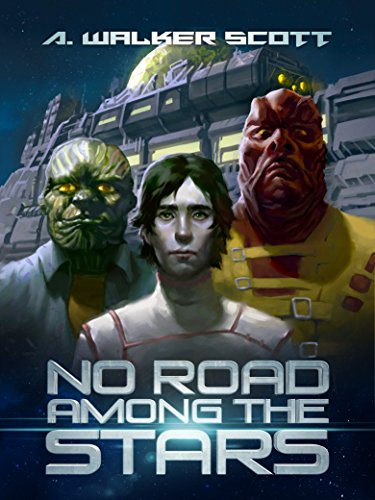


 Yet not all of our peers have taken this approach. While Kerry Nietz has written a Christian culture into the future with
Yet not all of our peers have taken this approach. While Kerry Nietz has written a Christian culture into the future with  A Walker Scott takes a similar approach to Johnston’s in
A Walker Scott takes a similar approach to Johnston’s in 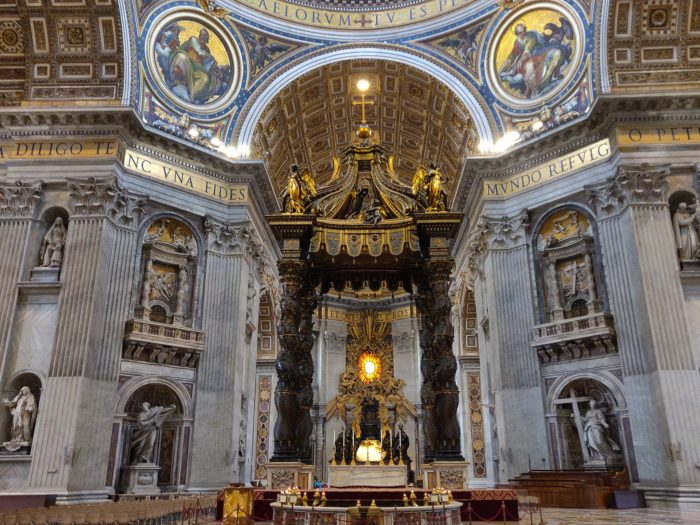

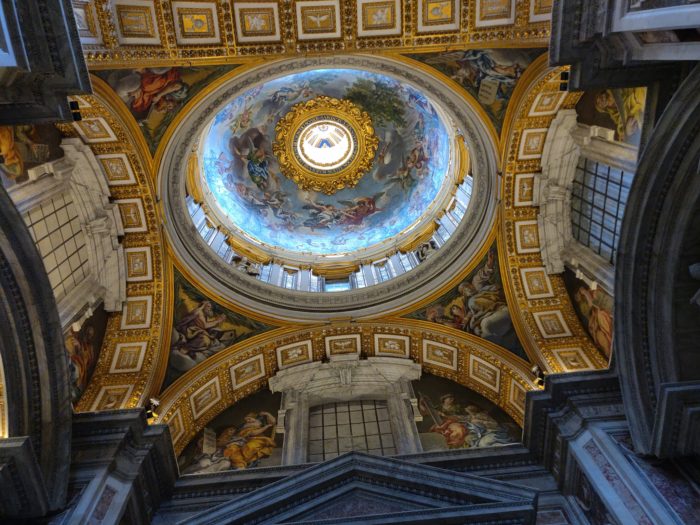 In nations with a strong Catholic tradition, the power of the church is more overt. In the USA, with our Protestant roots, we bristle at the thought of a massively powerful corporate religious entity, but we seek the same power in different ways. We try to keep our government as “Christian” as possible through our votes. We brainstorm ways to infiltrate secular strongholds like entertainment and media. We try to cultivate Christian “soft power” to counter the poisonous culture in which we live. All of these are noble pursuits but we need to first ask if we are doing so to increase our witness or simply to make our earthly lives more comfortable and/or profitable. The rallying cry of “We need more Christians in ______” isn’t automatically God’s will. It may very well be, but we need to remember whose glory is the most important. If you’ve ever walked into a grand cathedral, ask yourself: was your first thought “Wow, God is so wonderful!” or was it “Wow, these architects and craftsman were incredible!” The cathedrals we build today, whether real or virtual, should be subject to the same scrutiny.
In nations with a strong Catholic tradition, the power of the church is more overt. In the USA, with our Protestant roots, we bristle at the thought of a massively powerful corporate religious entity, but we seek the same power in different ways. We try to keep our government as “Christian” as possible through our votes. We brainstorm ways to infiltrate secular strongholds like entertainment and media. We try to cultivate Christian “soft power” to counter the poisonous culture in which we live. All of these are noble pursuits but we need to first ask if we are doing so to increase our witness or simply to make our earthly lives more comfortable and/or profitable. The rallying cry of “We need more Christians in ______” isn’t automatically God’s will. It may very well be, but we need to remember whose glory is the most important. If you’ve ever walked into a grand cathedral, ask yourself: was your first thought “Wow, God is so wonderful!” or was it “Wow, these architects and craftsman were incredible!” The cathedrals we build today, whether real or virtual, should be subject to the same scrutiny.


